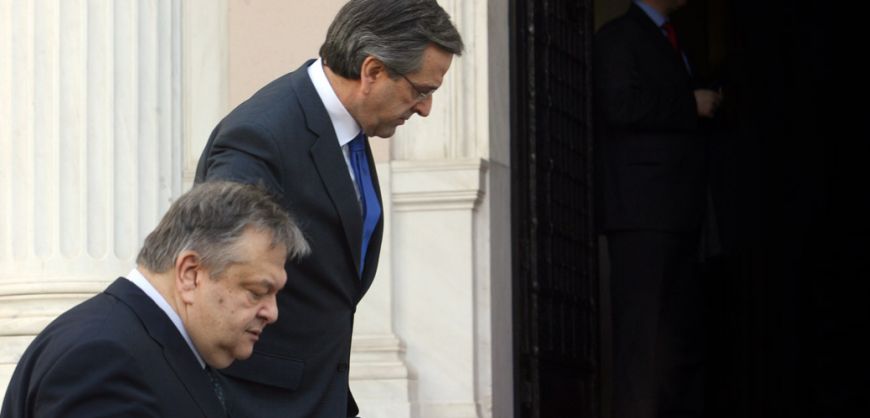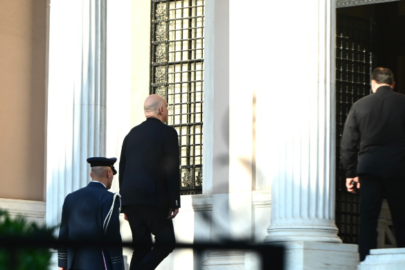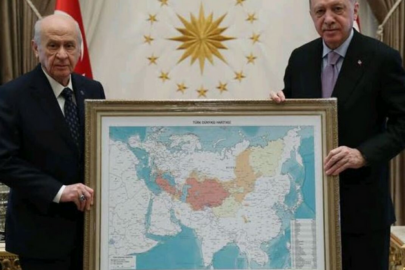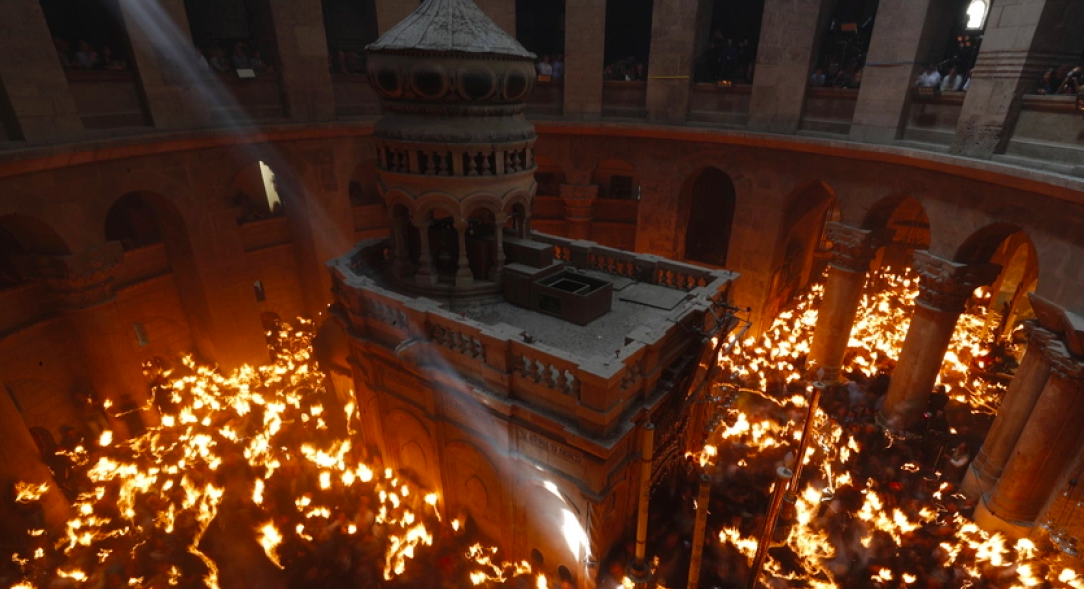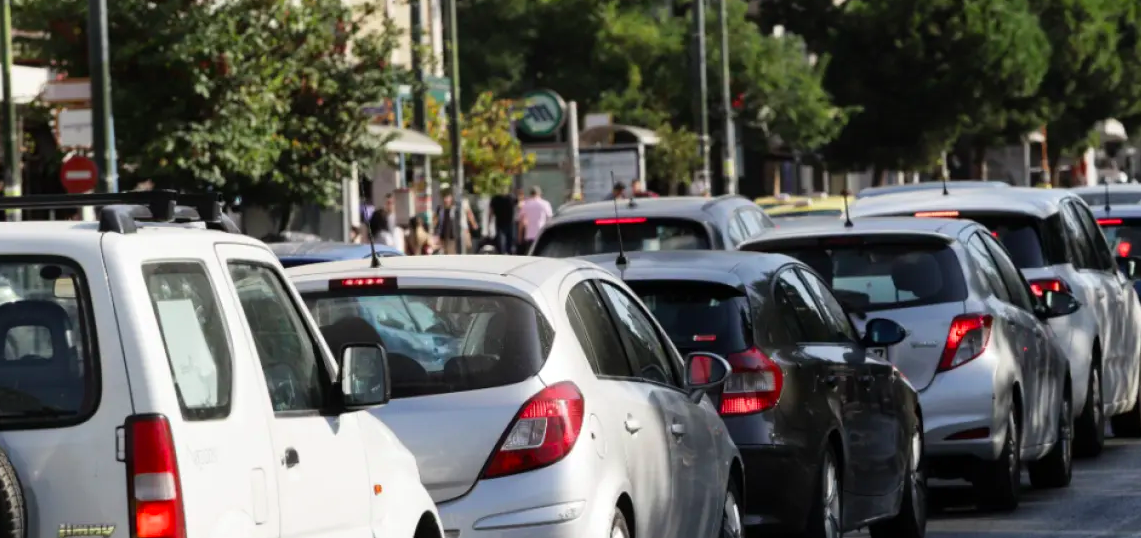The Greek coalition government hopes to put an end to talk of early elections following polls placing the main opposition Coalition of the Left SYRIZA party ahead of the leading New Democracy (ND) party. Prime Minister Antonis Samaras tried to bridge internal rifts in his party during his two speeches for the 40-year anniversary of the conservative faction. His call for a “vote of confidence” on Monday comes as part of an effort for the coalition government to be able to navigate the Greek economy through turbulence over the next few months and give the country’s leadership credibility during talks with Greece’s international lenders and discussions about the possible departure of the International Monetary Fund (IMF) from Greece.
Mr. Samaras will submit his call for a vote of confidence on Monday, the same day when the 2015 draft budget is set to be unveiled. Discussion for the confidence vote is set to begin on Wednesday when Mr. Samaras is in Milan for an EU summit focused on employment. For this reason, socialist PASOK Deputy Prime Minister Evangelos Venizelos will begin the procedure that is set to escalate on Friday when the voting takes place.
A number of ND deputies do not understand why Samaras is in such a hurry to push for the vote of confidence despite his absence rather than delay it for a couple of days instead of leaving Mr. Venizelos to start talks.
Mr. Samaras gave a talk on Saturday accusing the main opposition SYRIZA party of populism and irresponsible behaviour that holds the country back. In an effort to appease the austerity-weary Greeks and help to give the coalition a boost in popular opinionm the budget is expected to contain some tax breaks. These include an increase to the number of installations for those who own money to the public sector to 72-100 installments as well as a 30% reduction in taxes on heating oil.
The draft budget has dominated much of the talks with the troika of international creditors (European Commission, European Central Bank and IMF).

